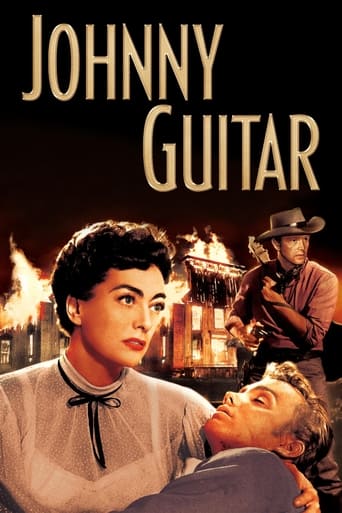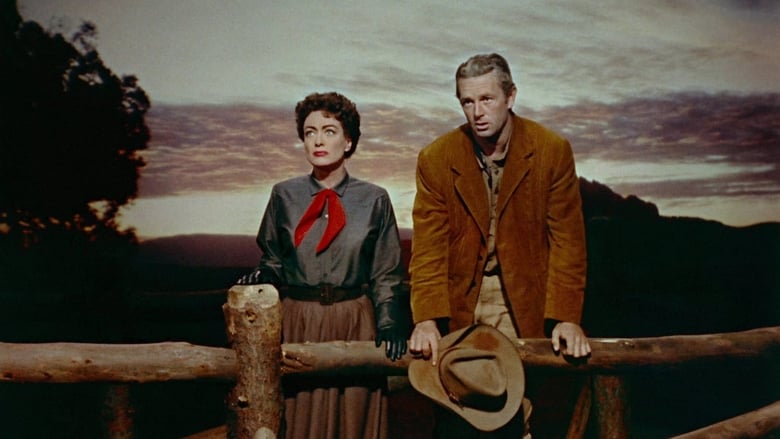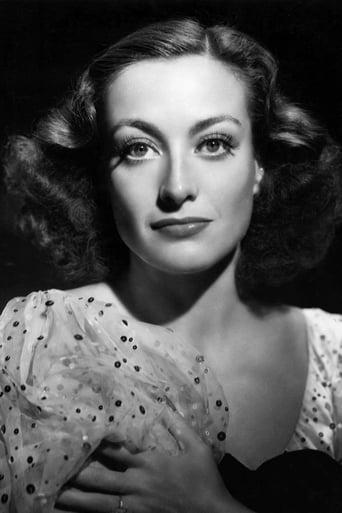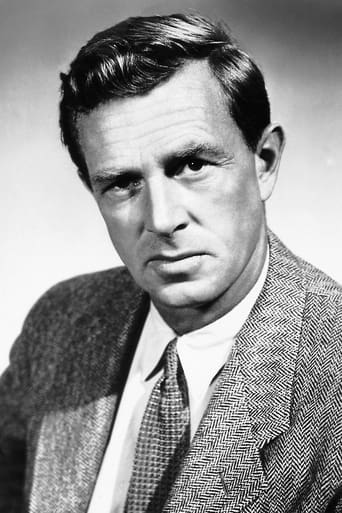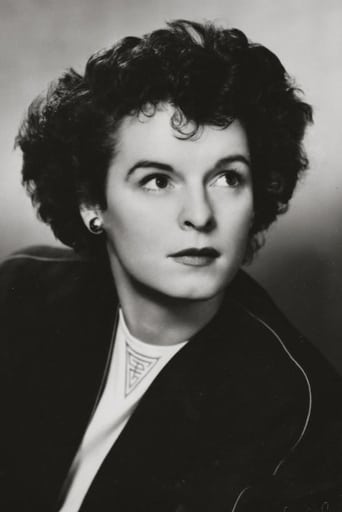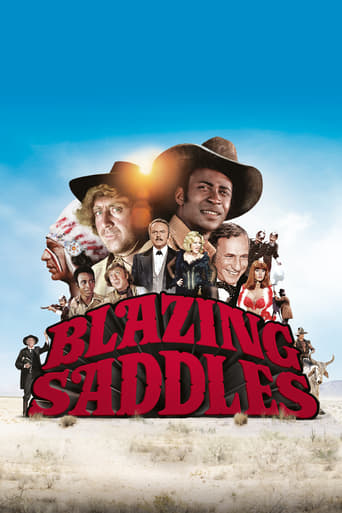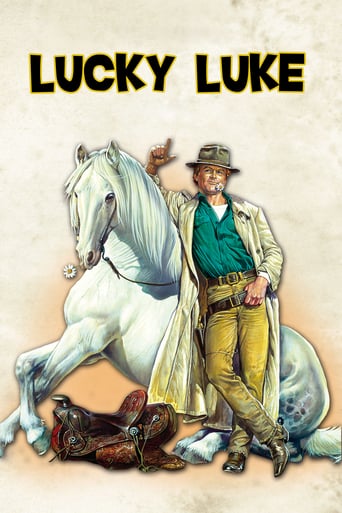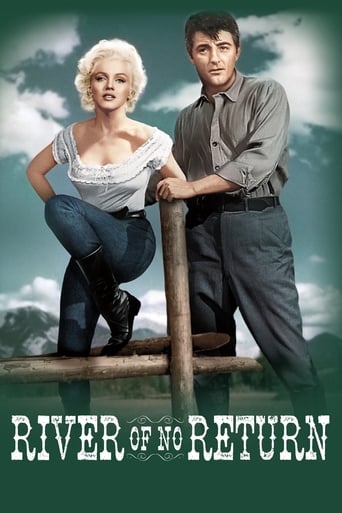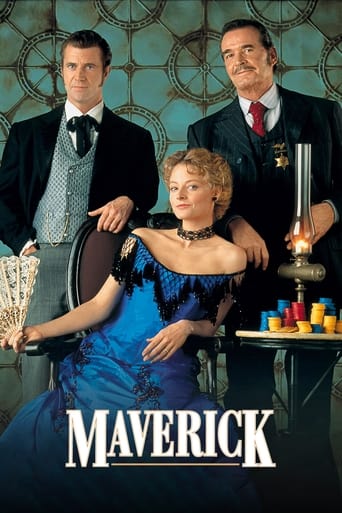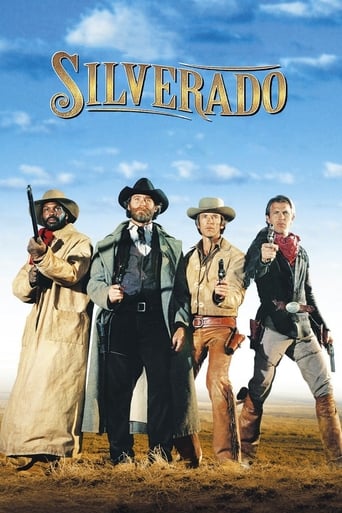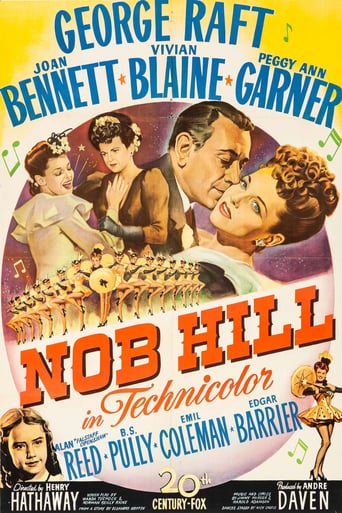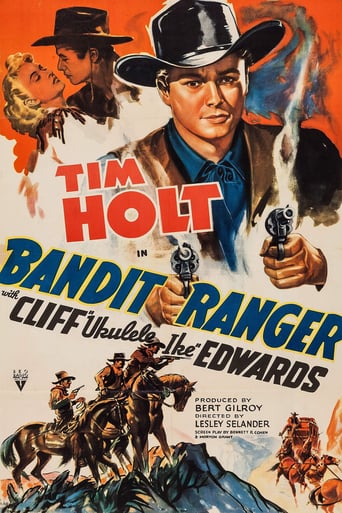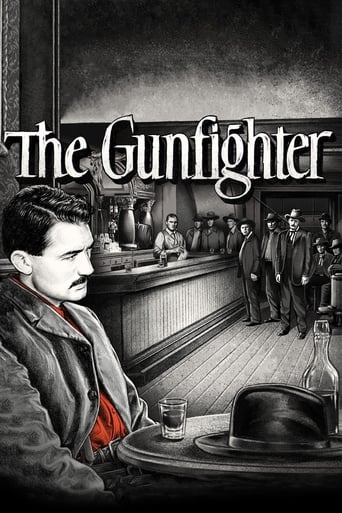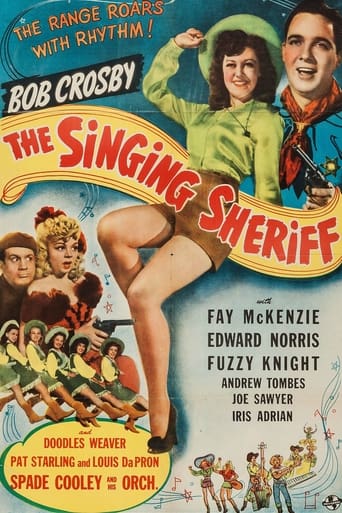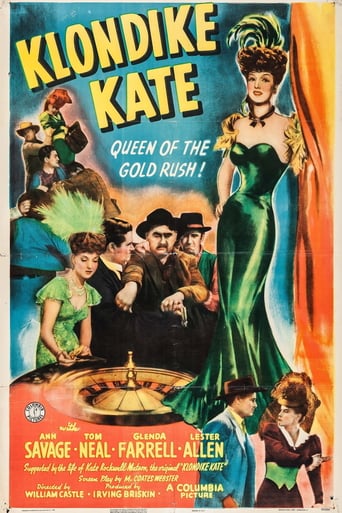Johnny Guitar (1954)
On the outskirts of town, the hard-nosed Vienna owns a saloon frequented by the undesirables of the region, including Dancin' Kid and his gang. Another patron of Vienna's establishment is Johnny Guitar, a former gunslinger and her lover. When a heist is pulled in town that results in a man's death, Emma Small, Vienna's rival, rallies the townsfolk to take revenge on Vienna's saloon – even without proof of her wrongdoing.
Watch Trailer
Cast


Similar titles
Reviews
It's no definitive masterpiece but it's damn close.
The film makes a home in your brain and the only cure is to see it again.
At first rather annoying in its heavy emphasis on reenactments, this movie ultimately proves fascinating, simply because the complicated, highly dramatic tale it tells still almost defies belief.
While it doesn't offer any answers, it both thrills and makes you think.
The frontier town of Red Butte has its history changed forever when an outsider rides through. Then with big sky landscapes, cowboys, a saloon, miners, a town marshal, sharpshooters, and a lynch mob, do we have a classic Western? You might think so, but there's just one thing: it's women who are calling the shots in Nicholas Ray's Johnny Guitar. As boss of her own saloon bar, Joan Crawford stuns as Vienna, delivering her lines like silver bullets, flanked by the enigmatic Sterling Hayden as outsider Johnny Guitar, and Mercedes McCambridge as the intense and twisted small-town grandee, Emma Small. In lesser roles, Ben Cooper channels Cagney as Turkey, Ernest Borgnine is rotten Bart, and Scott Brady is Dancing Kid. In this seriously underrated 1954 film, we are in the familiar territory of hero versus villain. But instead of the hero wearing a white Stetson hat, we have the hero in a white dress, and the villain in a black one. That is not mere casual experimentation with gender roles. In this genre-changing narrative, the action is wholly driven by two women whose sheer force of will power compels the men to follow their lead. Both Vienna and Emma are supremely competent businesswomen, equestrians, gunslingers, and confident public speakers - so much so that the men ultimately daren't cross them - unless goaded by the other woman. As well as treating us to an iconic Arizona landscape and cracking dialogue, this Western confounds expectations in other ways too. For a start, its production company, Republic Pictures, had director Ray as investing co-producer, so he wasn't beholden to a big mogul unwilling to bankroll character development and visual symbolism. For Ray had had a tutor in playwright Thornton Wilder, whose influence can surely be felt - characters are stripped so bare as to reveal their unique, but basic, human predicament. Ray had also studied under Frank Lloyd Wright, and that influence is revealed in spacious and geometrically composed camera frames. But our real focus of attention is how and why mature and experienced cattlemen and townsmen, just being ordinary men, neither fey nor effeminate, would let themselves be out manoeuvred by a brave female's resolve. The men's acquiescence seems entirely due to female strength of personality appearing as a direct response to circumstance, and as such, the acquiescence does not carry with it a sense of weakness or being emasculated. It's a level playing field we are seeing - and this from a male director in the 1950s. It's hugely moving to see any character who, in the face of death, calmly decides to withdraw her cash from the bank to pay her loyal men their wages, in case she's murdered. It's surprising, too, when that character undermines a shoot-out by using as armamentarium a command to help with breakfast. It's risky, it's funny, it's empowering, it's non-violent. It is fundamentally female, and contrasts sharply with stereotypically masculine, power-seeking provocation to violence. The resolution and dramatic balance achieved at the end results from how adults contain their passions, male and female. A firecracker of a film.
Hello. My Mother took me to see the movie Johnny Guitar on my sixth birthday in 1954 at the Majestyk Theater in San Antonio, Texas. I remember many of the cast and the plot and within the last year caught the movie during the wee hours one night on TV. The movie theater was memorable as well, like I am still standing in it. Inside, it is a striking, pleasant 50's Mexican-deco with splashy, flashy swirls of colors including oranges, yellows on the walls and in the plush carpets throughout including the carpets on the stairs. The movie house is in the downtown district very near the Alamo. The whole event is engraved in my memory.
Hard to know what to say about this florid concoction except that it's truly one of a kind. Taken as a western, it's plain god-awful. Taken as parody of a western, it's sharp as a doorknob. Taken as an experiment in Technicolor, I can think of cheaper ways. To me, the movie is best taken as a collection of insider indulgence. How else to explain Crawford's Park Avenue get-up, or her desert island casino, or McCambridge's manly fierceness, or a bookish bank-robber, or a showdown for toughest woman of Lesbos. Now, scholars can play around with symbolism all they want. But first, the subject has to be interesting enough to play with. Seems to me there are worthier movie subjects than this one for analysis. Sure, I've read how the story's really a color-coded allegory of McCarthyism, with the black-clad posse as HUAC and the bank robbers as commies. After all, the Dancin' Kid is left-handed and the gang does stick together and they do rob banks. Probably this is as good a subtext reading as any, that is, if you're looking for some such. Me, I just take it as a slice of Hollywood weirdness with Crawford playing dress-up and in charge, with the estimable Nick Ray trailing somewhere behind.
In this Republic Pictures movie produced by Herbert J. Yates and directed by Nicholas Ray, Joan Crawford, who could be more awe-inspiring than any man alive, was a woman who needed the man who had run out on her years before, Johnny Guitar himself: Sterling Hayden was his sometimes boisterous self, but, again, in this movie Vienna (played by Crawford) was a woman who needed Johnny Guitar, since she was harassed by Emma Smalls, a woman who was poisoned with hate toward Vienna; Mercedes McCambridge was outstanding as the hate-possessed woman. Another actor who was mean toward Johnny Guitar was Ernest Borgnine, who played Bart. Ward Bond was his loud self as Mr. McGivers, Ben Cooper played well his part as Turkey, a young eighteen-year-old boy who was trying hard to be a man, and Scott Brady was definitely an arrogant man. The story is simple: at the beginning there is a stagecoach robbery...in which Emma Small's brother is killed... as Johnny Guitar is going into town, and Emma Smalls who, unlike Vienna, does not want the railroad to come through, is so prejudiced toward Vienna that she, in her own mind, thinks Vienna was responsible for the robbery. Then, after a bank robbery by Scott Brady and his three cohorts, Emma is again convinced that Vienna is responsible, and she leads a posse to pursue and kill Vienna; and no, Vienna can not survive without Johnny Guitar. Not only do Crawford and Hayden play two people who love strongly, but the movie addresses hatred, bitterness, extreme anger, and prejudice, and the effects of same. New Mexico looked beautiful (in its own way) and Peggy Lee's voice is melodious as she sings the title song from the movie. The superb acting, the beautiful scenery, and the thought-provoking story render this movie an outstanding production.

